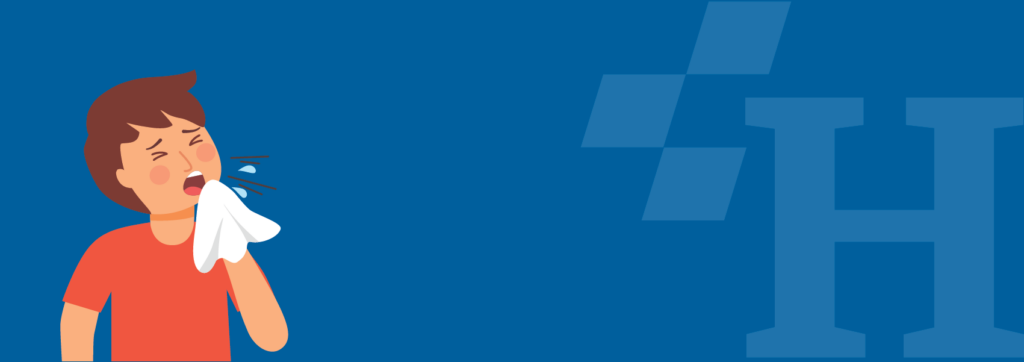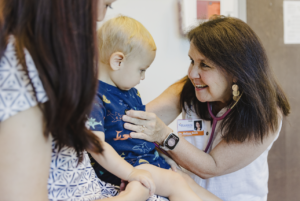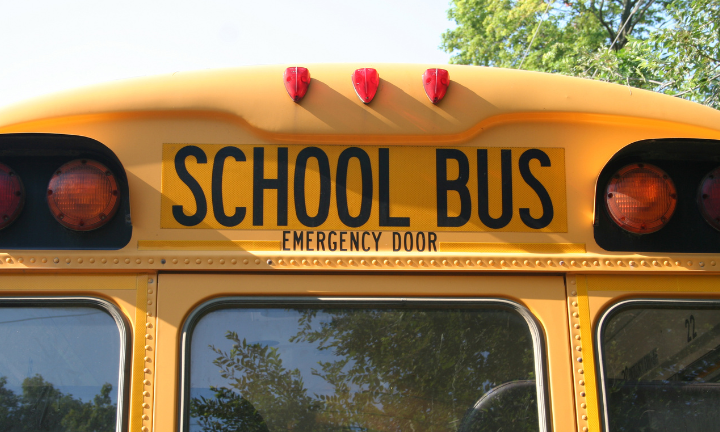What to Know About Walking Pneumonia

This fall, there has been a noticeable increase in walking pneumonia cases among younger children ages 2 to 4. In response, the Center for Disease Control and other public health professionals are raising awareness. They are encouraging health care providers to test for the infection when necessary and reminding everyone about the importance of proper hand hygiene.
Walking pneumonia spreads through respiratory droplets released when coughing and sneezing. It is easily transmitted because symptoms often resemble a cold and those infected feel well enough to continue their daily routine. For example, symptoms can include a cough, sore throat, headache and low-grade fever. Elementary-age children can also experience watery eyes or gastrointestinal symptoms as a result of infection.
“Respiratory infections caused by mycoplasma pneumonia most often occur among children ages 5-17 years and young adults. However, we have seen an increase in incidence by 1%-7% in children ages 2-4 since early spring 2024,” said Dr. Caroline Yaphockun, a pediatrician at Harbin Clinic Pediatrics Rome. “It is referred to as walking pneumonia because it is typically a less severe form of bacterial infection.”
“I just finished a week covering the pediatric floor at Atrium Health Floyd, and there are many children—from newborns to teenagers—hospitalized with respiratory viral infections and pneumonia. It’s a privilege to provide care for patients right here in our local hospital, ensuring they receive the best possible support close to home,” said Dr. Melissa Davis, a pediatrician with Harbin Clinic Pediatrics Rome Davis Sabino.

Rome Davis Sabino
If you suspect your child has walking pneumonia, monitor their symptoms closely and keep them home from school or daycare. Treatment suggestions include caring for your child as you would if they had the common cold.
“Reach out to your child’s pediatrician if the illness lasts longer than five days. Most children will recover with fluids and rest but in some cases, they may need an antibiotic to treat this infection,” said Dr. Yaphockun. If your child needs pediatric care and you do not have a designated health care provider, reach out to the pediatricians at Harbin Clinic. They are dedicated to supporting families through every stage of growth and development. Visit Harbin Clinic’s Pediatrics to find a provider near you.


